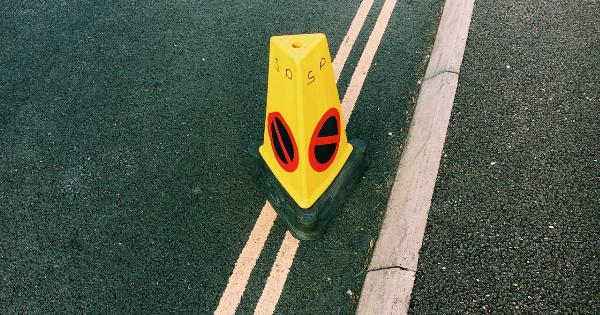Statins are widely prescribed drugs to reduce cholesterol levels in the body and prevent cardiovascular diseases.
However, recent research studies suggest that statins may cause harm by leading to muscle pain and bad cholesterol levels in some individuals.
What are Statins?
Statins are a class of drugs that have been in use for over 30 years as a means of reducing cholesterol levels in the blood. They work by inhibiting an enzyme in the liver that is responsible for producing cholesterol.
The drugs are commonly used to reduce the risk of heart attacks, stroke, and other cardiovascular conditions. Statins are some of the most widely prescribed medications in the world that can be used as a preventative measure for cardiovascular disease.
Statins Can Cause Muscle Pain
Muscle pain is one of the most common side effects of statin medications. Several studies have documented that people taking statins are more likely to experience muscle pain, spasms, and weakness.
The exact mechanism behind this side effect is not yet clear, but the pain might be due to the damage to mitochondrial function in the muscles caused by statin use.
Statins Can Cause Bad Cholesterol Levels
Another concern with statin use is that they can increase levels of low-density lipoprotein (LDL) cholesterol, which is often referred to as “bad” cholesterol.
The reason for this is that cholesterol production in the liver is inhibited by statins, which can make the body produce more cholesterol than it needs.
Statins Can Have Other Side Effects
In addition to muscle pain and an increase in bad cholesterol levels, statins can also cause other side effects. These may include nausea, diarrhea, abdominal discomfort, dizziness, and insomnia.
Rarely, statins can cause liver damage or a condition called rhabdomyolysis, which is the breakdown of muscle tissue.
Who is at Risk?
Not everyone who takes statins will experience side effects. Some people seem to tolerate these medications well, while others do not.
The risk of muscle pain and damage appears to be higher in individuals who are older, female, or engage in heavy exercise.
People with kidney or liver problems, diabetes, or a history of muscle diseases may also be at increased risk of side effects from statin use.
What to Do if You Experience Side Effects?
If you are taking statins and experience muscle pain or other side effects, it is important to talk to your doctor. Do not stop taking your medication without first discussing it with your doctor.
They may be able to adjust your dosage or put you on a different medication.
In some cases, the benefits of taking statins may outweigh the risk of side effects. Your doctor can help you weigh the potential benefits and risks and make an informed decision.
Alternative Treatments for Reducing Cholesterol
If you are concerned about the side effects of statins, there are alternative treatments that you may wish to explore. These include dietary changes, exercise, and supplements such as fish oil, plant sterols, and red yeast rice.
Before beginning any new treatment, it is important to talk to your doctor to determine if it is right for you. They can also help you identify any potential risks or interactions with other medications you may be taking.
The Bottom Line
Although statins are widely prescribed to reduce cholesterol levels and prevent heart disease, they can cause side effects such as muscle pain and an increase in bad cholesterol.
If you are taking statins and experience these side effects, it is important to talk to your doctor and explore alternative treatments that may be appropriate for you.
However, before making any significant changes to your medication or treatment plan, it is essential to discuss this with your doctor to determine the best course of action for your specific needs.






























